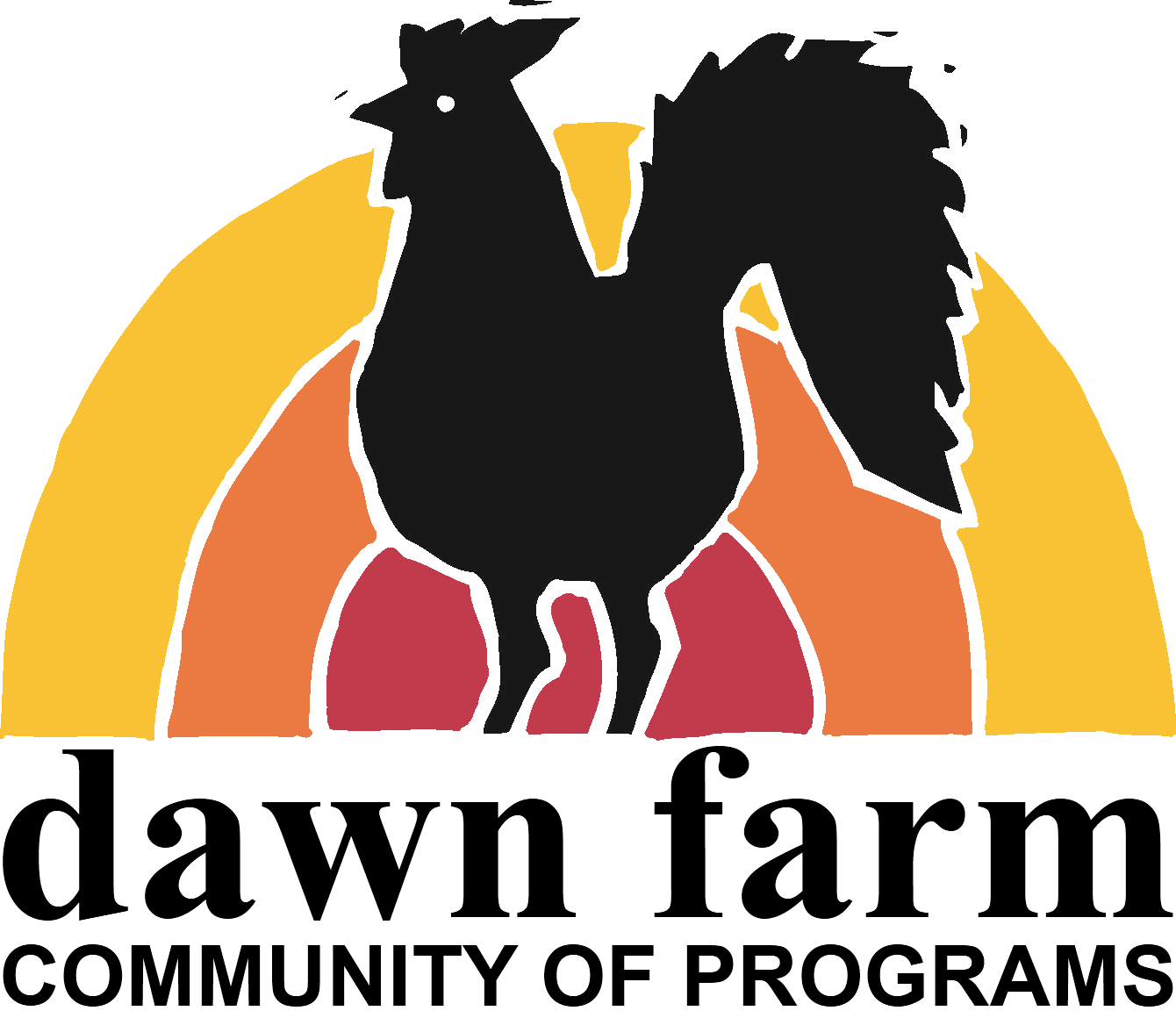Gold Standard of Treatment
What is the Gold Standard of Treatment?
Choosing a treatment program is an overwhelming task. The choice must often be made in the middle of a crisis and it must be made quickly. Researching what experts say only adds to the confusion. Some advocate 12-step recovery, other advocate medications as the best path to recovery and still others say that their book and $50,000 treatment program will provide a cure.
One question can cut through all of this confusion, “What kind of treatment do doctors with addictions receive?” This question avoids arguments about treatment models, evidence-based practices, and the effectiveness of 12-step groups. It moves past what physicians recommend for you or your loved one and reveals what they actually do for their peers. This is the Gold Standard of treatment.
What does treatment for doctors look like?
Formal treatment
Pharmacotherapy
Supportive services
Long-term support and monitoring
“After completion of initial formal addiction treatment, all PHPs developed a continuing care contract with the identified physician consisting of support, counseling, and monitoring for usually 5 years.”1
Drug testing
Dealing with relapse
Outcomes
Key differences between Dawn Farm and Physician Health Programs
You may have noticed the partially filled circles on the chart above. The key factor is the duration of monitoring and support. In PHPs, it typically lasts 5 years. This long term engagement is achieved through workplace and licensing monitoring. We do not have these mechanisms to extend monitoring this far or to continue if the patient chooses to terminate the helping relationship.
While we have not yet been able to match this 5 year monitoring period, our programs are designed to maintain engagement for up to 2.25 years, much longer than most treatment programs.
Drug testing
In the early months of treatment and monitoring physicians are tested as often as 5 days a week. Testing frequency tapers over time and averages a duration of about 4 years. Dawn Farm’s testing is twice per week and tapers to weekly while someone is in transitional housing.
Recovery support and monitoring
The difference here is a function of the duration described above.
Dawn Farm offers a treatment intervention that is effective – and is long enough to produce significantly-improved outcomes.
Sources
Get Assistance Now
If you're in need of immediate help contact us for assistance.
